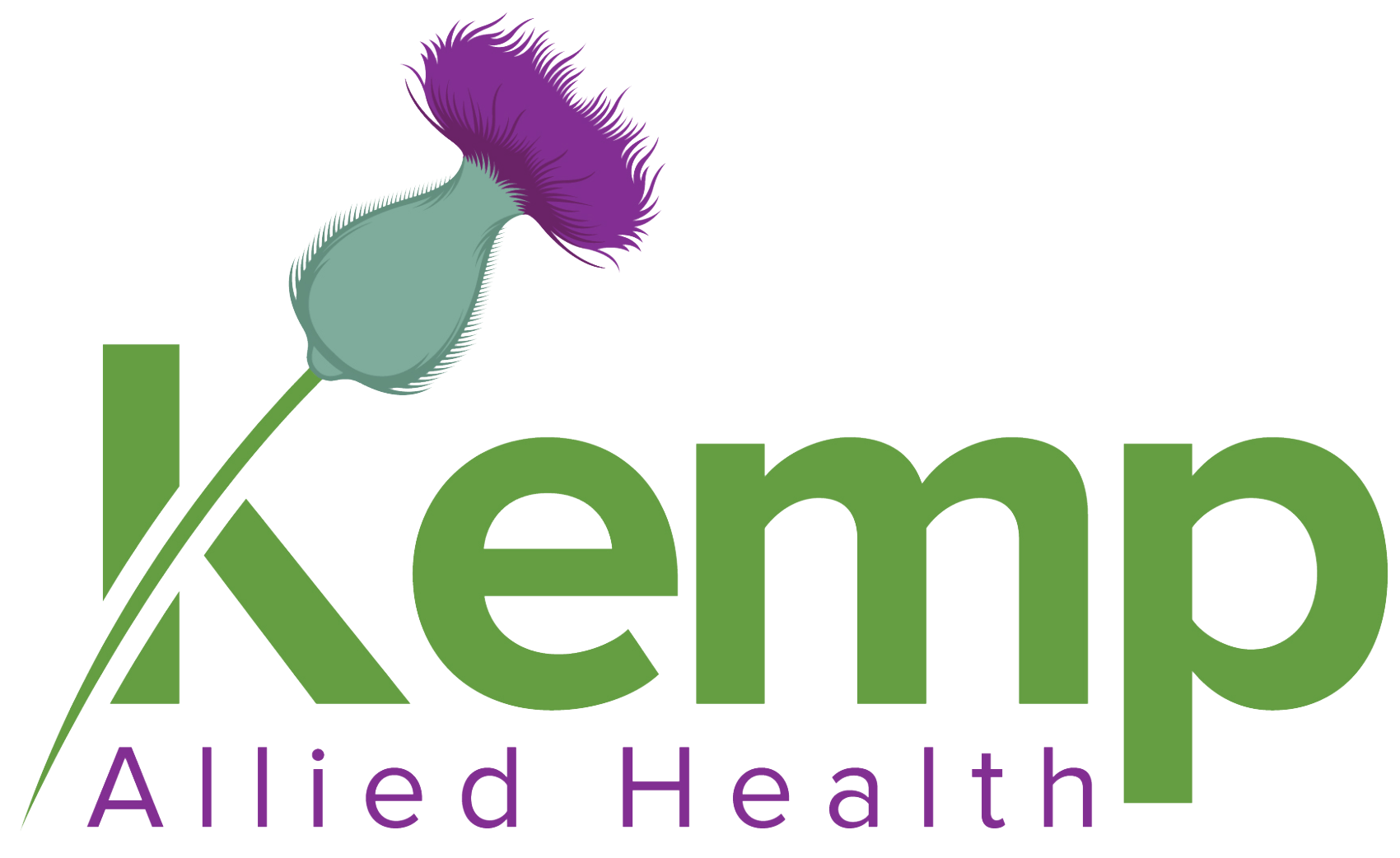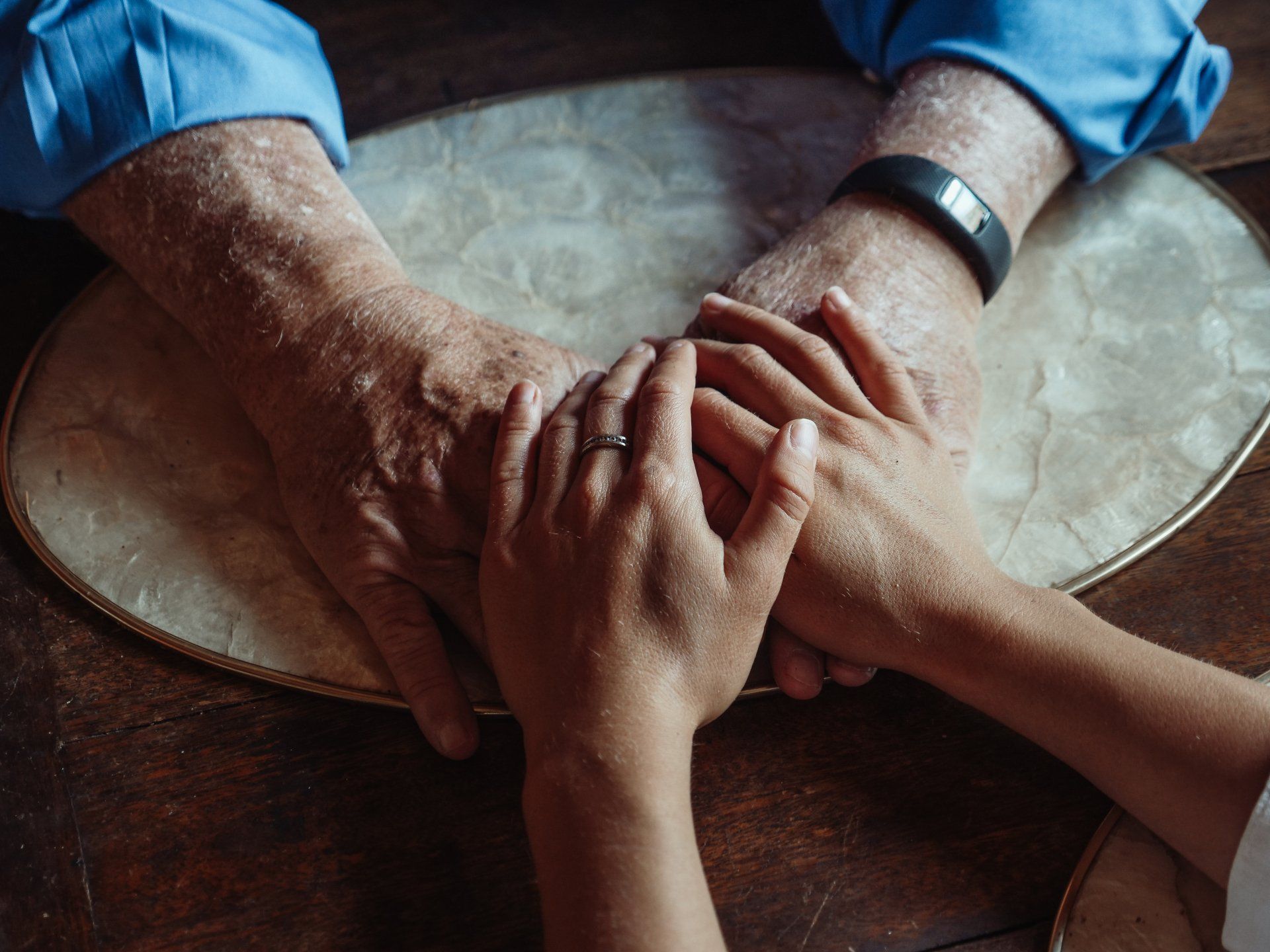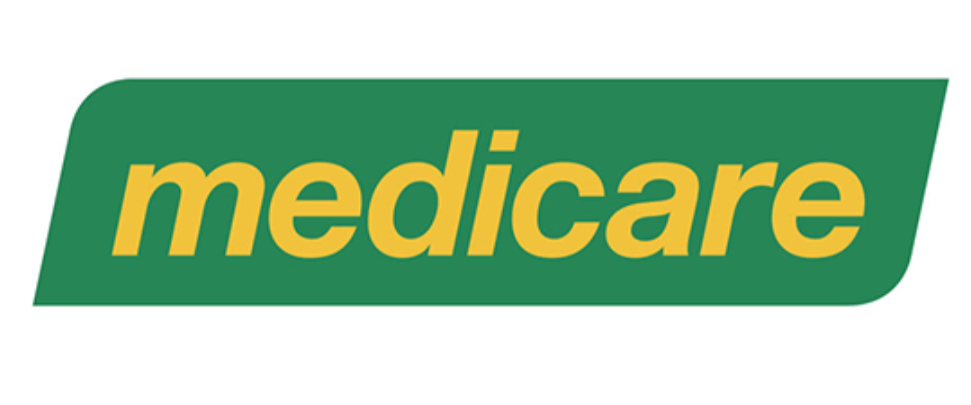
Neurology.
Neurological Occupational Therapy.
Our neuro-Occupational Therapists (OTs) work with people of all ages who have experienced a disease, trauma or disorder of the nervous system at different stages in their journey e.g., when newly diagnosed or years later when their condition is impacting their day-to-day functioning. We work with the person and their support network and explore ways to maintain ability, adapt environments and tasks, teach new strategies and skills, and help learn more about the condition and its effect on the person. Our OTs work
closely with the person with the neurological condition to understand their strengths, what has meaning to them, and the barriers and challenges that living with such a condition brings.
As many neurological conditions are progressive in nature, we focus on the persons strengths and use compensatory strategies in the areas they are experiencing difficulty such as cognition, perception and motor function so they maintain their Independance, safety, reach their highest level of functioning and Kemp achieving their goals. Common conditions we work with are:
- Dementia
- Alzheimer's disease
- Vascular
- Frontotemporal dementia
- Lewy body spectrum
- Progressive supranuclear palsy (PSP)
- Wernicke-Korsakoff
- Creutzfeldt-Jakob disease (CJD)
- Posterior Cortical Atrophy (PCA)
- Parkinson's disease
- Huntington's disease
- Multiple Sclerosis (MS)
- Functional Neurological Disorder (FND)
- Multiple Systems Atrophy (MSA)
- Motor Neurone Disease (MND)
- Muscular Dystrophy (MD)
- Cerebrovascular Accidents (Stroke)
- Epilepsy
- Migraine
- Acquired Brain Injuries (ABI)
How can we help?
We can help people in their everyday environment with the tasks and activities they are wanting to do, needing to do or are expected to do, but cannot do, does not do or is not satisfied with the way they do it. No matter what tasks and activities you choose to engage in, we’ll identify your strengths and difficulties, and help you work out practical techniques and solutions.
Services we often provide:
- Comprehensive cognitive, functional, sensory and/or home environment assessment to determine the person's functional capacity and establish interventions.
- Functional retraining for everyday activities to help restore, protect and maintain the person's skills. This may involve modifying a task either by the way it is performed, use of assistive technology or equipment, changing the physical environment, teaching the person a new skill or working with them and a team to reclaim old ones.
- Prescription of assistive technology and equipment to provide optimal independence in performing tasks e.g., a toilet seat raiser to elevate the height of the toilet seat to reduce the effort required to sit down/get up, manual or powered mobility options to access the community when mobility becomes compromised, pendant alarm for peace of mind and to inform others of a fall or when requiring assistance, adaptive clothing for ease of dressing, electronic pill dispensers to ensure medication compliance.
- Home modification to improve, independence, safety and ease of tasks and activities. This could be as simple as a grab rail for getting in and out of the shower, or more extensive alterations like ramps, lifts and removal of a shower hob.
- Education to train family and support network to ensure they are helping the person safely at home and protected from injury e.g., manual handling training.
- Energy conservation and work simplification i.e., to minimise muscle fatigue, joint stress, and pain. Rather than completing an activity all at once, the idea is to break it down into smaller, more manageable tasks so that the level of stress on joints is reduced and the body has a chance to recover. It’s also about organising the person's schedule through the day to perform more demanding tasks at specific times and making sure they have rest periods if necessary.
- Upper limb rehabilitation (post stroke) e.g., including spasticity management, strength training, fine motor and tenodesis training, scar management and compensatory therapy.
- Assess competency for driving.
- Future planning e.g., Enduring Power of Attorney (EPA), Enduring Power of Guardianship (EPG), Allied Health Directive (AHD).
- Link in with the relevant community and government services available.
An example:
A client living with dementia was able to achieve their main goal of living in their own home, by following OT recommendations such as: implementing orientation devices to remind them to take their medication; minor modifications such as grab rails to their bathroom, toilet and entrance of their home to reduce risk of falls; engaging Support Workers to assist with community access and domestic duties; and a personal alarm to ensure they could call for help easily should they need to.


We’d love to meet you.
It’s easy to submit a referral online.
To work with Susan or someone from her team, submit a referral form online. We’d love to explore how we can best support you and will get in touch with you as soon as possible.


Kemp achieving your goals.
All Rights Reserved | Kemp Allied Health